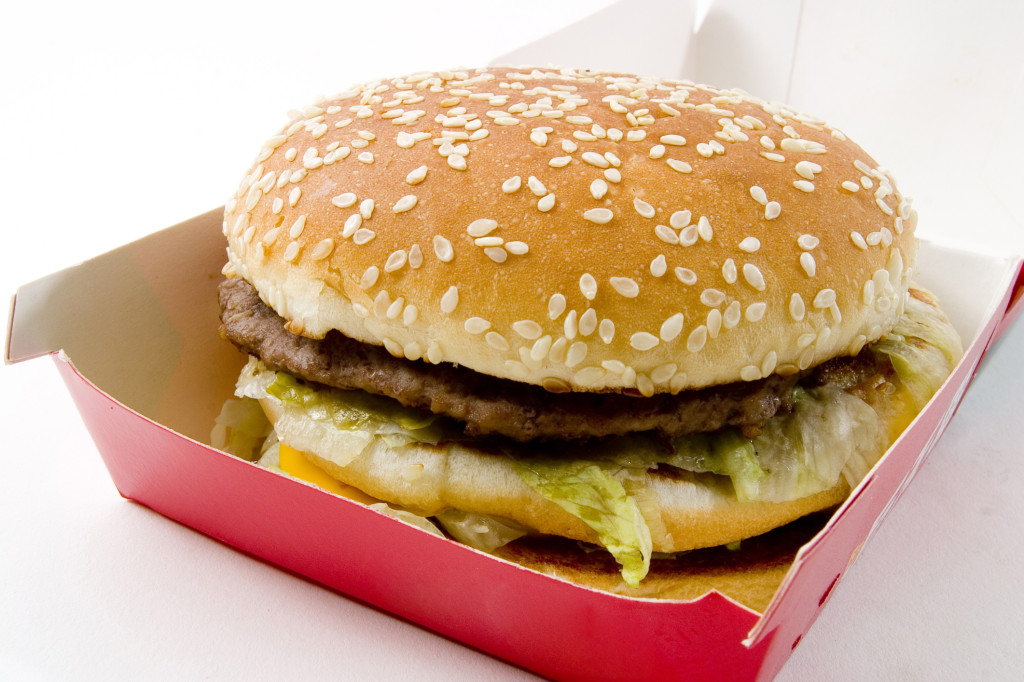Understanding food cravings

Making an impulse buy of a few chocolate bars at the grocery store counter might be more complicated than not having eaten enough that day.
Conventional wisdom suggests that food cravings are a result of being hungry and looking for a quick source of calories, but this seems to be becoming more contested. Recent research seems to suggest that food cravings may have less to do with thwarting hunger and more to do with satisfying a desire for pleasure through eating something you’ve come to associate with it.
Your brain releases neurochemicals, namely dopamine, when you eat pleasurable foods, but the craving can be altered by hormone fluctuations. Women are more susceptible to food cravings at different points during the menstrual cycle and there is plenty of truth to the stories of women having intense food cravings during pregnancy when hormones are surging.
You don’t have the same neurochemicals released when you’re hungry. You’re body works differently when hungry than if it has a food craving, and a lot of the reasons for enjoying certain food has less to do with nutritional need and is more based in what you’ve learned to enjoy. Few people enjoy coffee the first time they try it, but you’ve grown to associate it with the caffeine and now do enjoy it. You learn to enjoy and crave certain foods because you associate them pleasurable experiences and the dopamine involved, and if we enjoy something we will do it again.
There is still research being done, but more and more we’re beginning to realize there is a larger difference between food cravings and hunger than we thought.



